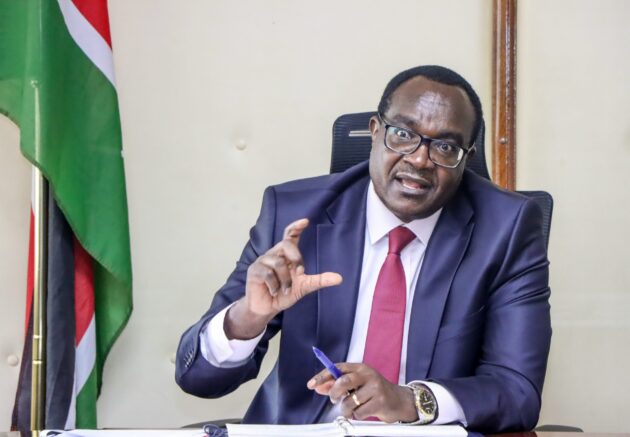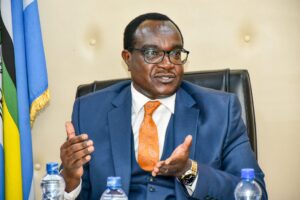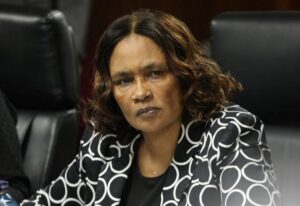The government has launched a plan to harmonise hardship area classifications in Kenya, a move aimed at ensuring fairness in allowances for teachers and other public servants. Education Cabinet Secretary Migos Ogamba disclosed the initiative on Tuesday, September 23, during a local news channel’s education programme in Kilifi.
Ogamba said the lack of a centralised list has led to conflicts and disparities, with some regions acknowledged as hardship zones by the wider public service but excluded by the Teachers Service Commission (TSC). This has caused unequal compensation for teachers, many of whom serve in difficult conditions.
“For too long, there have been inconsistencies in hardship recognition. Teachers often feel left out compared to other public officers working in the same environment. This registry will provide a single point of reference for fairness,” he explained.
The Cabinet Secretary stressed that the reform is critical to uplifting the education sector, particularly in disadvantaged counties. He noted that fair allowances could boost teacher morale, reduce absenteeism, and enhance learning outcomes in struggling regions.
His remarks were backed by Principal Secretary for Basic Education, Dr. Julius Bitok, who underlined the pressing educational challenges in Kilifi. “We face realities such as extreme poverty, entrenched cultural practices like early marriages, and long walking distances to schools. These issues directly affect both teaching and learning,” Bitok remarked.
Kilifi’s recent KCSE results highlight the gravity of the problem. In 2024, only two students in the county managed to score an A plain, while nearly half of the candidates recorded grades of D+ and below. Education experts attribute such poor results to inadequate support for teachers and learners in hardship-prone zones.
The central registry is expected to streamline allowances and encourage more teachers to accept postings in areas traditionally shunned due to harsh conditions. By removing inconsistencies, the government aims to strengthen equity and ensure that no group of educators is disadvantaged compared to others.
Ogamba assured stakeholders that the harmonisation exercise will be implemented collaboratively, with input from the Ministry of Education, TSC, and other state agencies. Once completed, the registry will serve as the basis for gazettement and allocation of hardship benefits countrywide.
Education leaders and teacher unions have welcomed the move, seeing it as a crucial step in improving the welfare of educators and addressing long-standing disparities in the public service.





